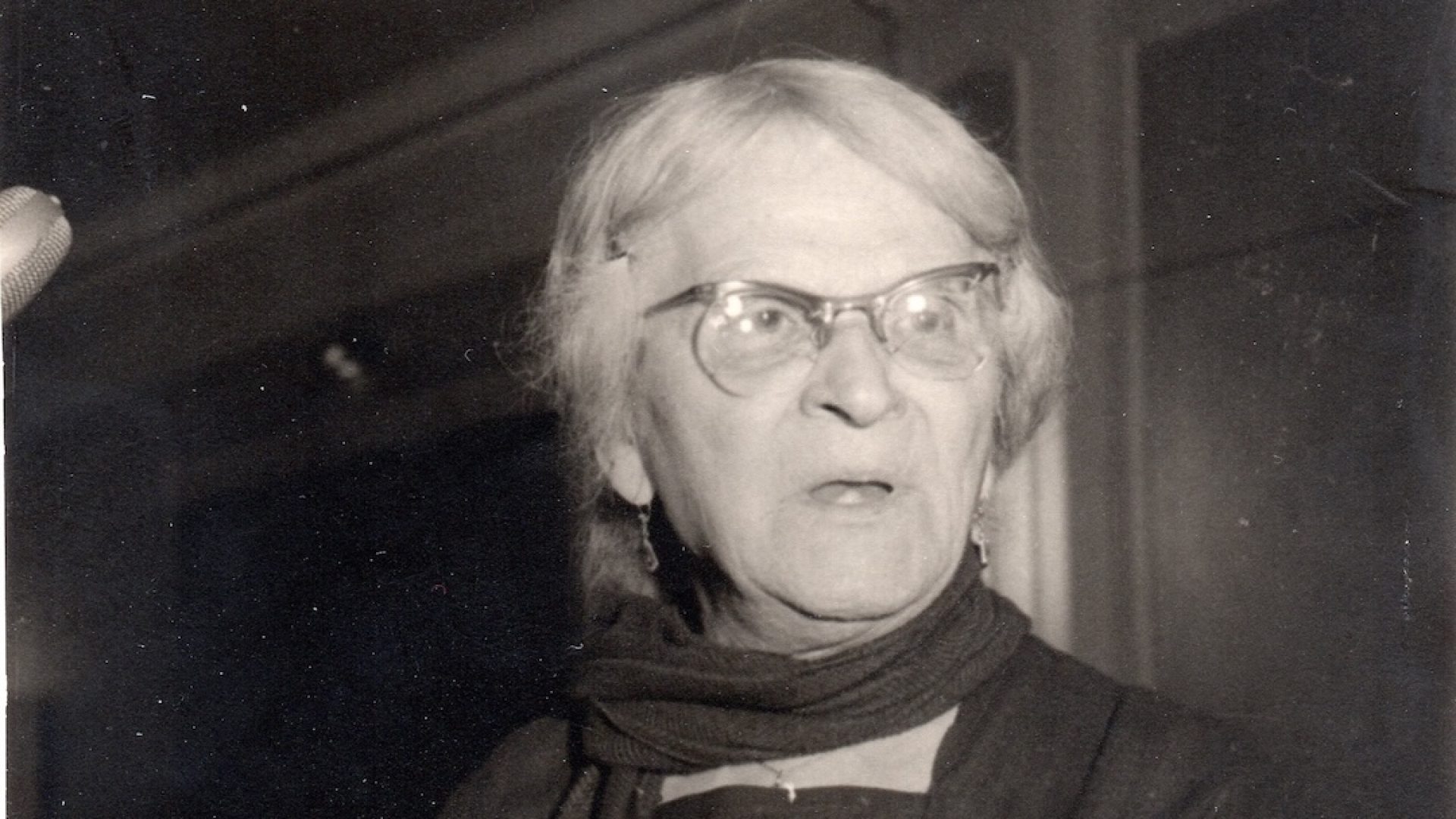Queer History Walk in the Footsteps of Toni Ebel

The life of painter and trans woman Toni Ebel (1881–1961) is a remarkable queer story of the 20th century. She underwent one of the first gender-affirming surgeries at Magnus Hirschfeld’s pioneering Institute for Sexual Science in Berlin. After the institute’s violent destruction by the Nazis in 1933, Ebel fled to Czechoslovakia, where she lived with her partner Charlotte Charlaque—first in Karlovy Vary, then in Brno, and finally in Prague. In 1945, she was expelled from Czechoslovakia as a German national and spent the rest of her life creating art in East Germany.
Toni Ebel’s story is featured in the Prague Pride Festival exhibition Pioneers of Identity at Artivist Lab.
This historical walk will begin at the exhibition and continue through key locations of queer history in Prague’s New Town, Old Town, and Lesser Town. It will end at Maltézské Square, where Ebel and Charlaque last lived together.
Guide
Ladislav Jackson – art historian, who teaches at the Faculty of Fine Arts at Brno University of Technology and the Institute of Art and Culture at the University of South Bohemia. His research focuses on the history of queer art and spatiality in the 19th and 20th centuries. In 2024, he published the edited volume Images of Other Desire: Queer Art and Visuality in the Czech Lands. Since 2023, he has led the Society for Queer Memory and previously contributed to the books Homosexuality in Czech Cultural History and Queer Prague.
Entrance fee – free
Accessibility – suitable also for children and teenagers, accessible with a dog, barrier-free
Vibe check – small event (approx. 30 people), quiet (no loud music, shouting, etc.), outdoors
Trigger warnings – criminalization of homosexuality; queerphobia; opression of queer people in the past; reverse/converse therapy
Organized by – The Society for Queer Memory
The Society for Queer Memory brings together those who wish to contribute to preserving queer memory and the life stories of people with non-heterosexual orientations and gender or sex non-conforming identities in the Czech Republic. Its aim is to establish and maintain a museum and archive that collects material artifacts, written documents, and recorded stories—processing them professionally and making them accessible to the public.
The Society for Queer Memory stands against the forced forgetting of lives lived in secrecy—of those excluded from family traditions and rituals of remembrance. Its work helps new generations of queer people enter life without the crushing notion of isolation and exclusion, with the knowledge that they are not alone.
